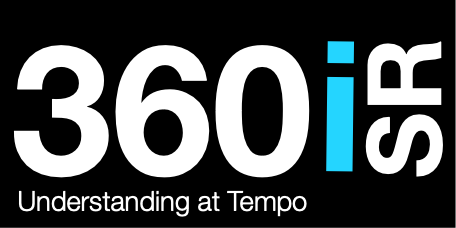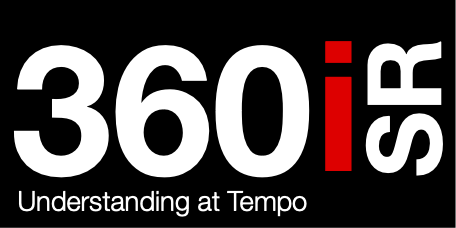Cognitive Warfare
The Golden Domain
The nature of war has been debated for millennia, however, one thing is clear. The ultimate objective of war is to alter the perceptions and/or the will of the opponent so that they no longer pose a threat. Because of the fundamental logic of this position, we have been involved in fighting for the hearts and minds for countless years, with varying success. However, the obvious logic belies a more complex situation. Perceptions and will of an opponent do not exist in the traditional domains of warfare: the physical and the information. We must look beyond the easy and address the difficult.
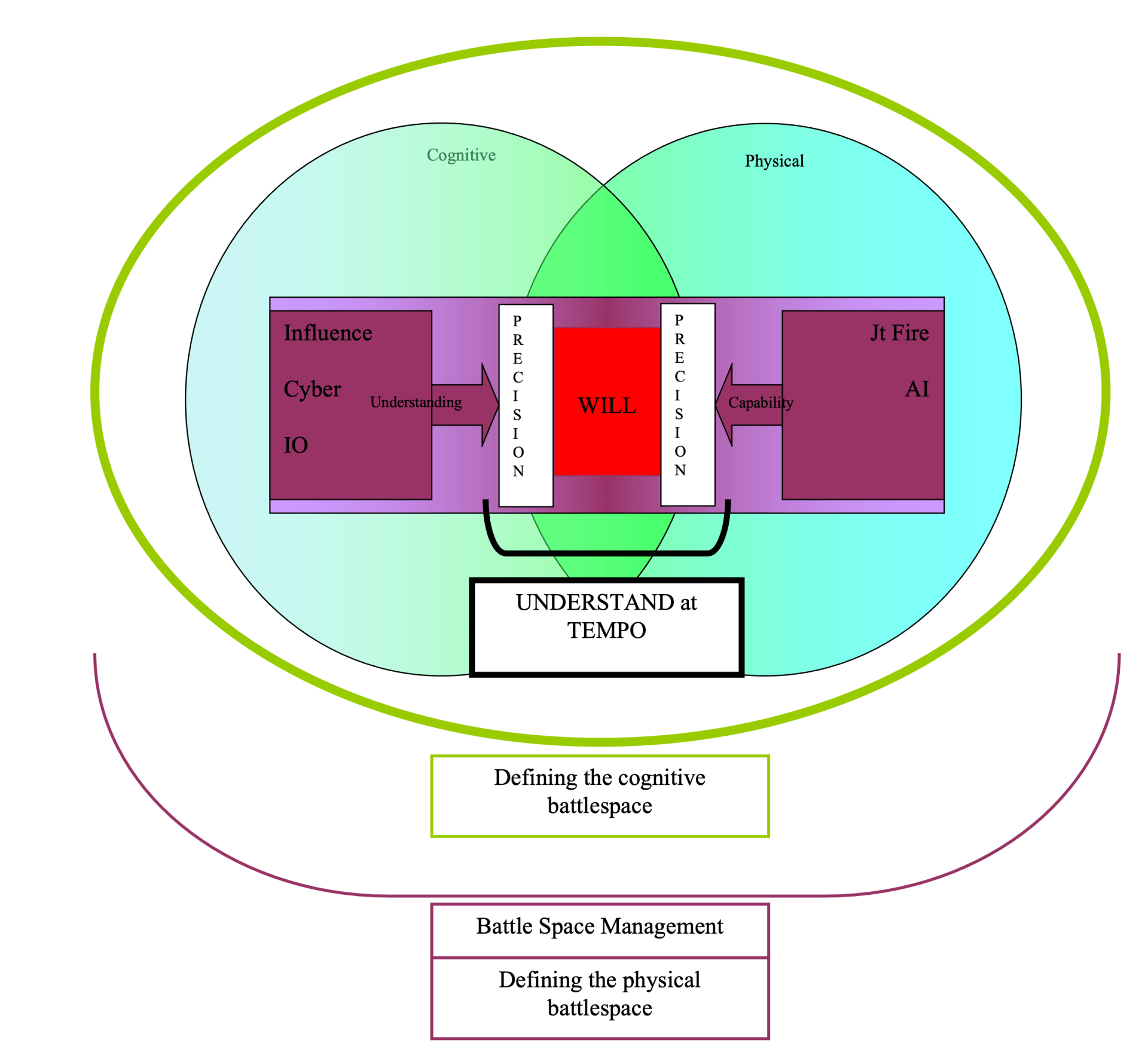
In 2010 the then Chief of the Royal Air Force delivered a speech in which he set out his plans to prepare the RAF for operations in the contested environment.
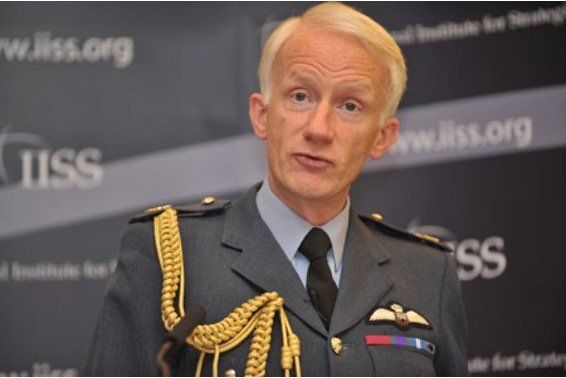
This brings me to the paradigm-shift that we’ve implemented in the RAF to establish Combat-ISTAR as a core competency. We know our future adversaries – both state and non-state - will be highly agile and have access to and the use of sophisticated capabilities. In this sort of environment, information is critical, ‘time is a weapon’, and we need to use air power’s ability to exploit the fourth dimension to take advantage of fleeting opportunities as they arise.
15 Feb 2010
Whilst most considered this to be a nod to the development of Area Denial tactics by the Russian Federation, I looked at the statement from a differing perspective; namely the contest in the Cognitive Domain.
I examined how the perceptions, and the will of the adversary could be affected by physical and cognitive means. Through joint action, we could physically alter the environment to persuade the adversary to give up. It could be argued that the NATO tactics in the Balkans conflict were a reflection of this approach. The issue with physical actions, is that as soon as the physical actions cease, control over the opponents’perception is lost, hence the requirement for persistence in an operational area. The question I posed myself, was how could we impose lasting change?
My answer was simple, in order to achieve lasting change in the perceptions and will of the adversary, I would need to convince them that their way of life was wrong, and mine was right, an incredibly difficult objective. However, as Sherlock Holmes once said, “When you have eliminated all which is impossible, then whatever remains, however improbable, must be the truth.” Therefore, I drew a circle and wrote the words, Cognitive Domain.
The Cognitive Domain
The domain is defined by Dr Riley as a “Critical macro manoeuvre space whose access or control is vital to the freedom of action and superiority required by the mission.’ When asked, Dr Riley identified the Cognitive Domain as the “Golden domain” which is the ultimate objective of warfare. This critical macro manoeuvre space has become more accessible with the advent of the connected world. In his speech to introduce the UK’s Integrated Operating Concept, the CDS, General Sir Nick Carter said very clearly that:
“Their goal is to win without going to war: to achieve their objectives by breaking our willpower, using attacks below the threshold that would prompt a war-fighting response. These attacks on our way of life from authoritarian rivals and extremist ideologies are remarkably difficult to defeat without undermining the very freedoms we want to protect. We are exposed through our openness.”
It raises some serious questions that drill down to the very fundamentals of conflict including ethic, morality and legality of operations, but it clearly states the importance, even critical nature of cognitive manipulation. Failing to thwart the cognitive efforts of opponents would condemn Western liberal societies to lose the next war without a fight. If we fail tobuild a sustainable and proactive basis for progress in the cognitive domain, it may have no other option than kinetic conflict. Kinetic capabilities may dictate a tactical or operational outcome, but victory in the long run will remain solely dependent on the ability to influence, affect, change or impact the cognitive domain.

The Centrality of Influence and the Human Brain
In 2018, I wrote a series of articles concerning fifth generation warfare. As an introduction to the fifth generation space, I discussed the centrality of influence as the first and strongest element of the fifth-generation mission space. More than ever before, information is being targeted for cognitive effect. Influence is being weaponised as a means to create and further conflict and, importantly, military powers are no longer the owners or leaders in influence capability.
The recently released work on Cognitive Warfare by Francois du Cluzel and the NATO Innovation Lab offers the following observation:
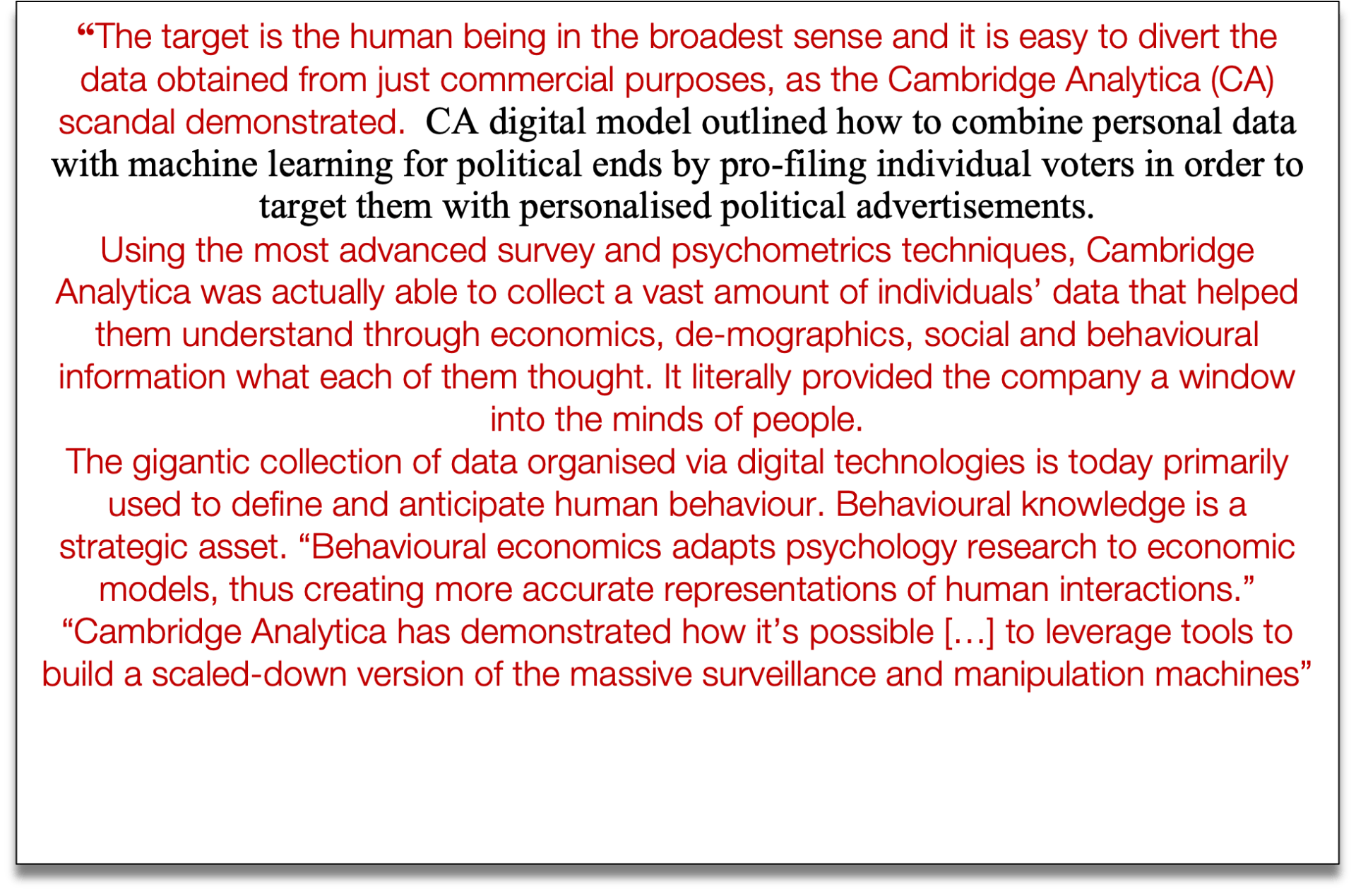
As shown by the example of Cambridge Analytica, one can weaponise such knowledge and develop appropriate offensive and defensive capabilities, paving the way for virtual societal warfare. If the CA involvement in either the US general elections of 2016 or the UK’s BREXIT vote could be proved, it could be argued that, for the first time, regime change has occurred in plain site though the manipulation of the cognitive domain.
With equal insight, David Patrikarikos wrote in his book, War in 140 Characters,

So what? Or through the looking glass….
There are many reasons to identify the cognitive domain as the golden domain. If we are to go through the looking glass and observe ourselves we will see, as Gen Sir Nick Carter stated, “Now, Western states draw legitimacy from respect for the rules, conventions and protocols of war. Where we see morals, ethics and values as a centre of gravity, authoritarian rivals see them as an attractive target.” Our strengths are our centre of gravity. If we look to our adversaries and examine Russian and Chinese doctrine, we will see a development on cognitive capabilities. In the books “The Russian Understanding of War. The Blurring of War and Peace.” The author Oscar Jonnson. Identifies the rise of Information warfare both Information technological, the attack in information infrastructure, but also Information phycological, the attack on the understanding of the target audience, or cognitive manipulation. China has also seen the benefit of cognitive capabilities and as described in the Five-Year Plans (FYPs) and other national strategies, China has identified and acknowledged the technical, economic, medical, military, and political value of the cognitive sciences, and has initiated efforts to expand its current programs.
The development of concepts
In 2010, I drew my first concept of cognitive operations. This concept is evolving as we understand more and I have updated my naive illustration:
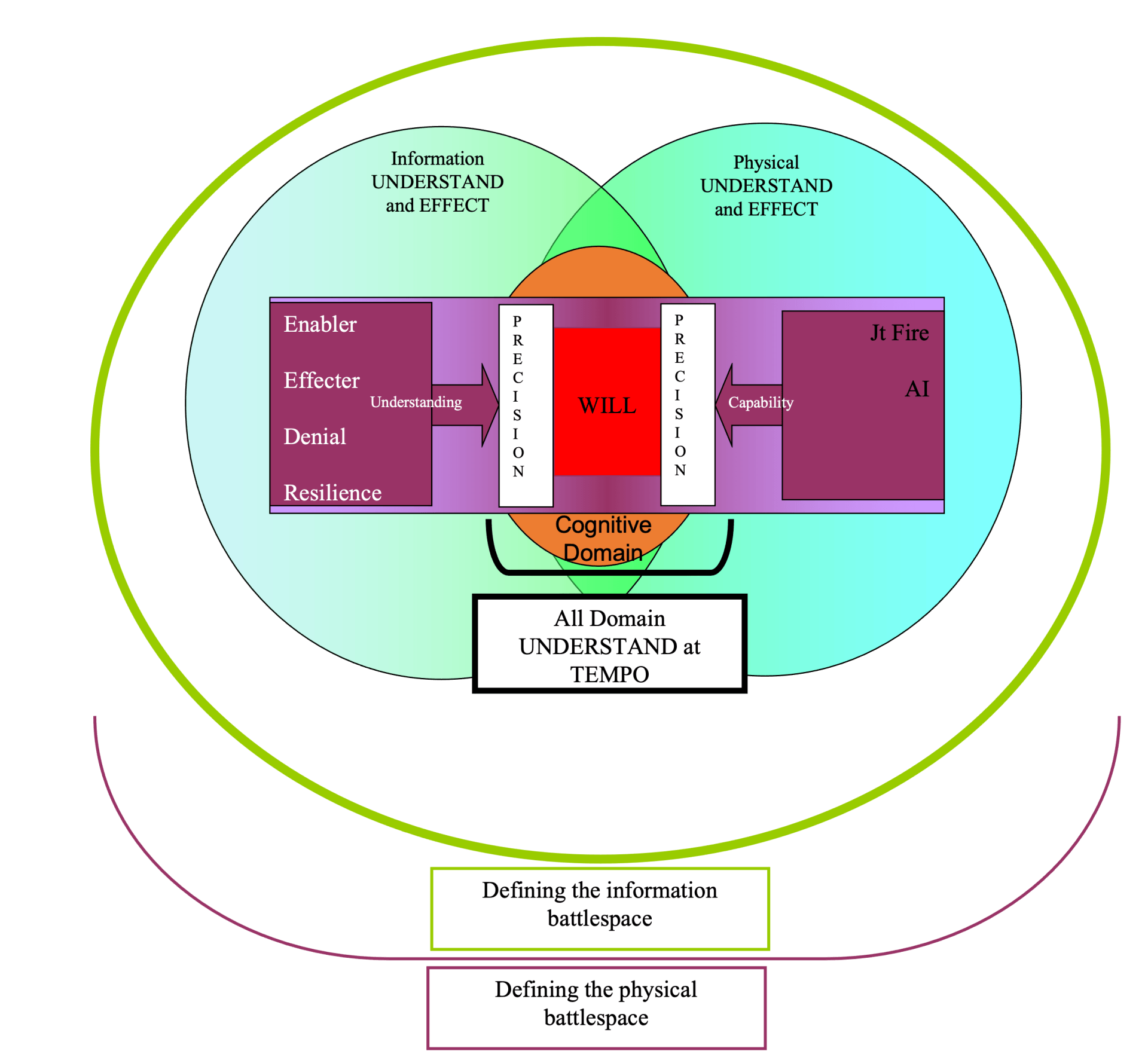
In this concept, there are 2 warfighting domains: information and physical. However the objective of both resides within the third, golden, Cognitive Domain.
Recommendations
With the general acceptance that the Cognitive Domain is a critical macro manoeuvre space access to which needs to be controlled and dominance sought, immediate work needs to be conducted to ensure that the adversary does not steal the march on us and lead the conversation.
There needs to be a frank and open discussion about the morality and ethics of cognitive defence, as the very notion goes against our "openness" .
Militaries need to develop and adopt cognitive capabilities. Initially, they need to understand the true nature of the target audience and the measure required to defend or degrade.
The ISR community need to adopt ways in which to measure and understand cognitive shift. Moreso, they need to be able to develop COAs and predictions,
Cognitive warfare should reside at the heart of operations as it is the very heart of operations.
